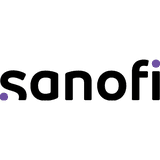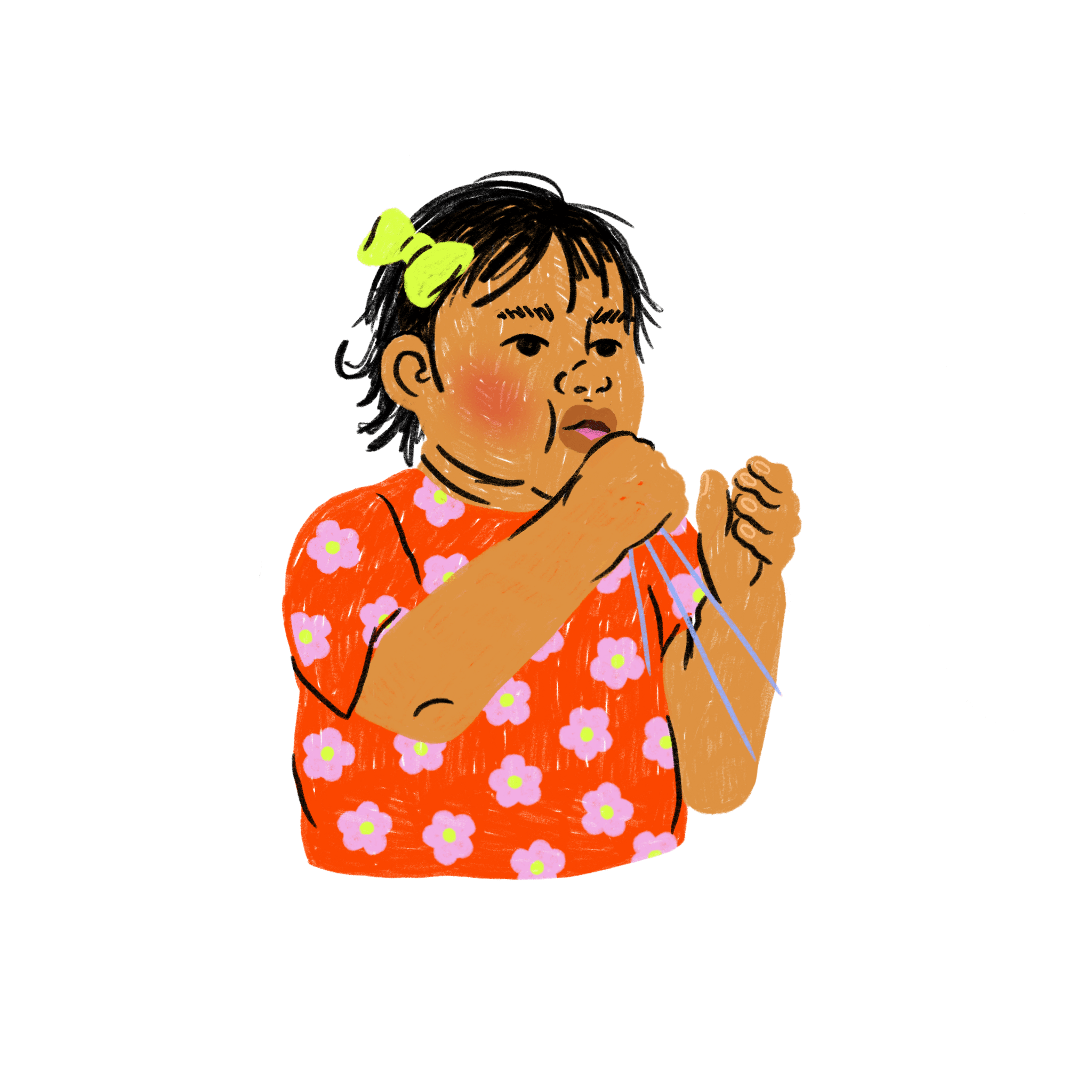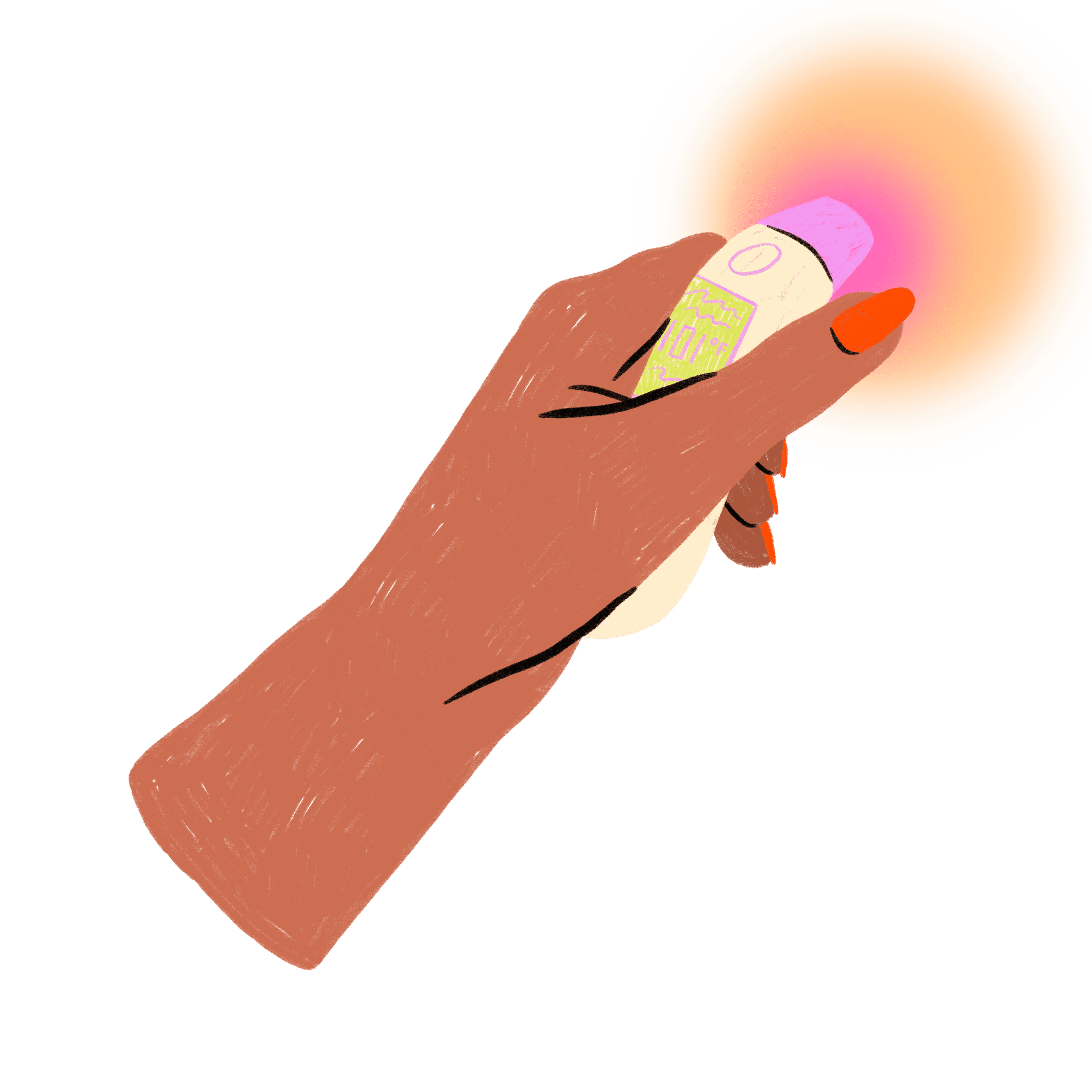Is It Just a Cold? These Symptoms Could Be Warning Signs of RSV

Most of the time, adults don’t worry too much about a run-of-the-mill cold. Of course, it’s another story when your child starts coughing or spikes a fever — symptoms that can be especially concerning for babies under age 1.
As board-certified obstetrician-gynecologist and mother of three Nicole Sparks, MD, explains, many cold symptoms could also be signs of Respiratory Syncytial Virus (RSV), an illness that’s especially common in babies under 1. Though most people who contract RSV have cold-like symptoms, Dr. Sparks explains that RSV is the leading cause of hospitalization in babies under age 1, and 2 out of 3 babies will get RSV by their first birthday.
However, a small percentage of babies who get RSV will develop a more severe infection, which can lead to lung conditions like bronchiolitis and pneumonia. “[Babies] have smaller lung airways, which makes them susceptible to more severe infection as their airways can get blocked with mucus that leads to difficulty breathing,” Dr. Sparks explains. “[Babies] with severe infection may require hospitalization with the possible need for oxygen, intubation (use of a breathing tube), or mechanical ventilation (use of a machine to help you breathe).”
Premature babies, babies under 6 months old, babies with congenital heart or lung diseases, and babies with weakened immune systems are at an especially high risk for complications, but all babies are at risk from RSV, Dr. Sparks says. The best thing parents can do is keep a close eye out for any signs of this illness. Spotting the symptoms as soon as possible “can lead to a better outcome, as doctors can provide supplemental support with oxygen and assistance with breathing if it becomes compromised,” Dr. Sparks explains. Watch for these four symptoms in particular.

Coughing and Wheezing
If your baby starts coughing, you might not immediately think of RSV, but it is one of the most common symptoms of this virus. Wheezing — when exhales sound sharp or high pitched — is another typical symptom of RSV. Dr. Sparks says it’s especially important to watch for wheezing or labored, shallow breathing, as those could be signs of more serious illness.

Fever
Although fevers are not uncommon with a cold, if your baby is younger than three months with a fever of 100.4° F or higher, or is older than three months with a fever of 102.2° F or higher, then it’s time to call your baby’s doctor.

Poor feeding is a sign of RSV lung infection. Even signs that babies under 6 months are generally not feeling their best could be a warning sign: “Common symptoms can include irritability, decrease in appetite, decreased activity, and decrease in the number of wet diapers,” Dr. Sparks explains. If your baby has less than 6 wet diapers per day, that could be a sign of dehydration.
If you notice any of these symptoms in your baby, Dr. Sparks recommends observing them closely and contacting a medical professional if their condition worsens. “Signs your child may have RSV and require medical attention include signs of dehydration; difficulty or labored, shallow breathing; wheezing; or if symptoms are persistent,” she says. For babies, poor feeding, shallow and rapid breathing, and fever are all symptoms that require medical attention, according to Dr. Sparks. If you’re not sure whether it’s a cold or RSV, it’s best to reach out to a doctor anyway — exercising an abundance of caution is always the safest bet.
Illustration: Isabela Humphrey